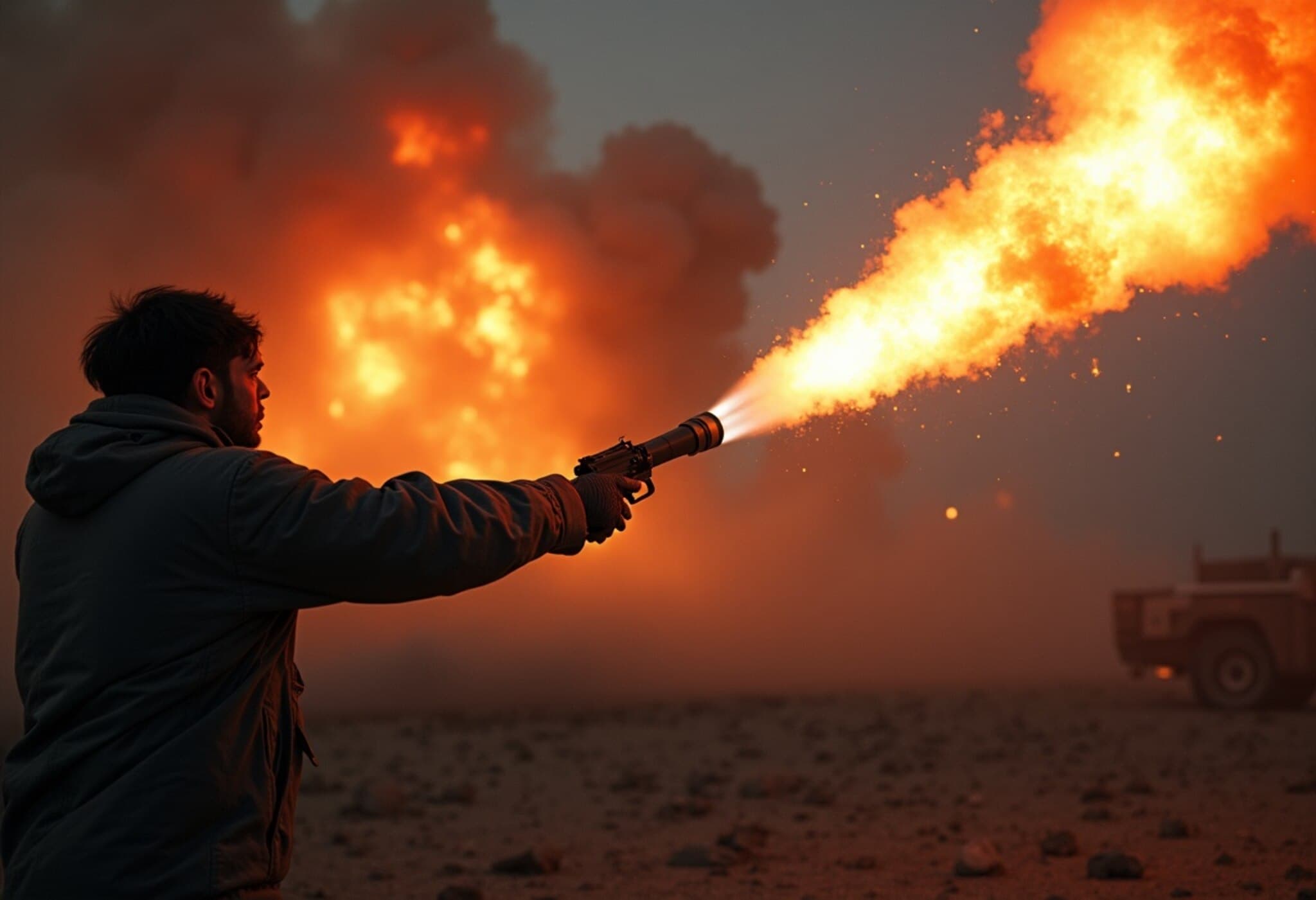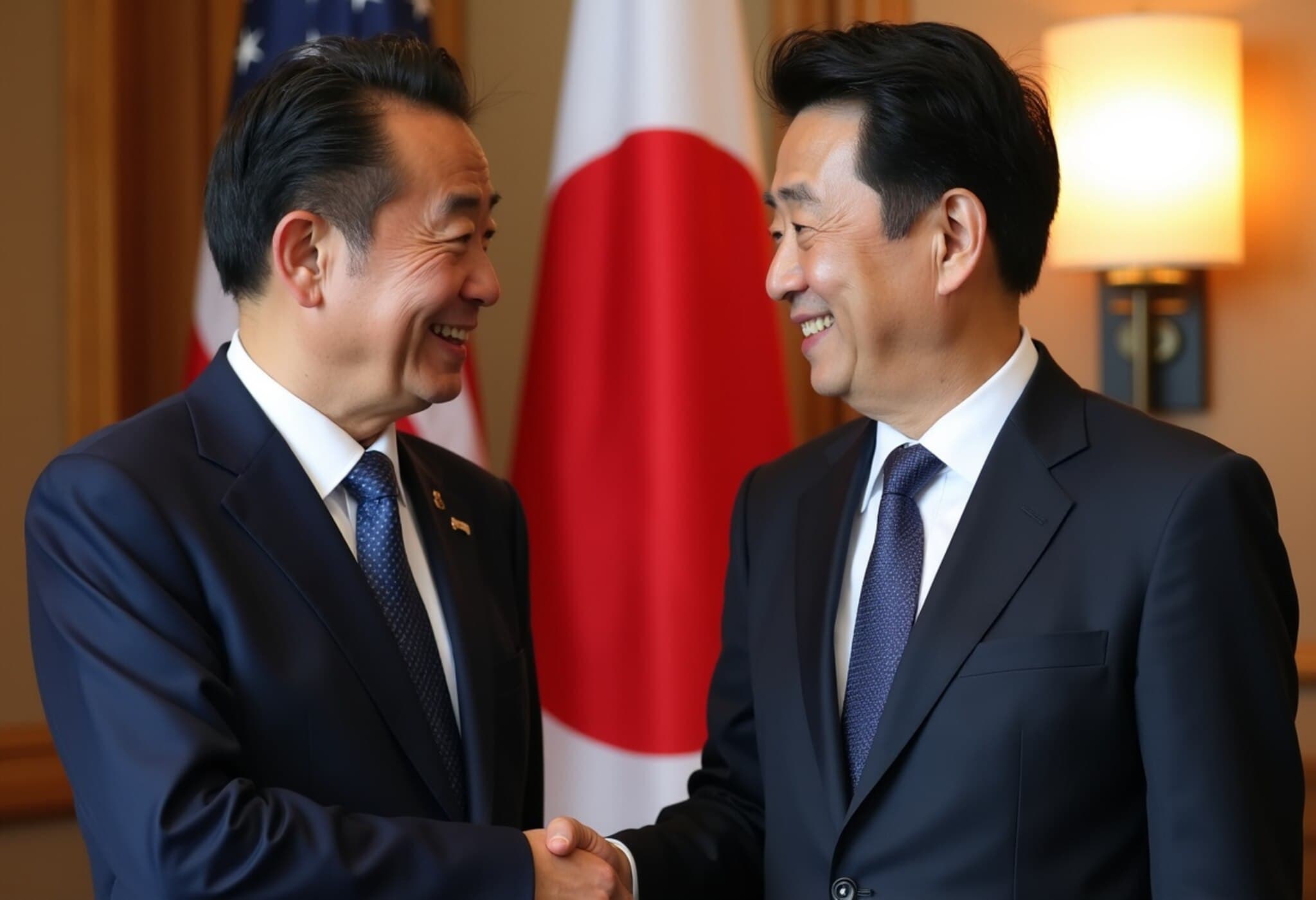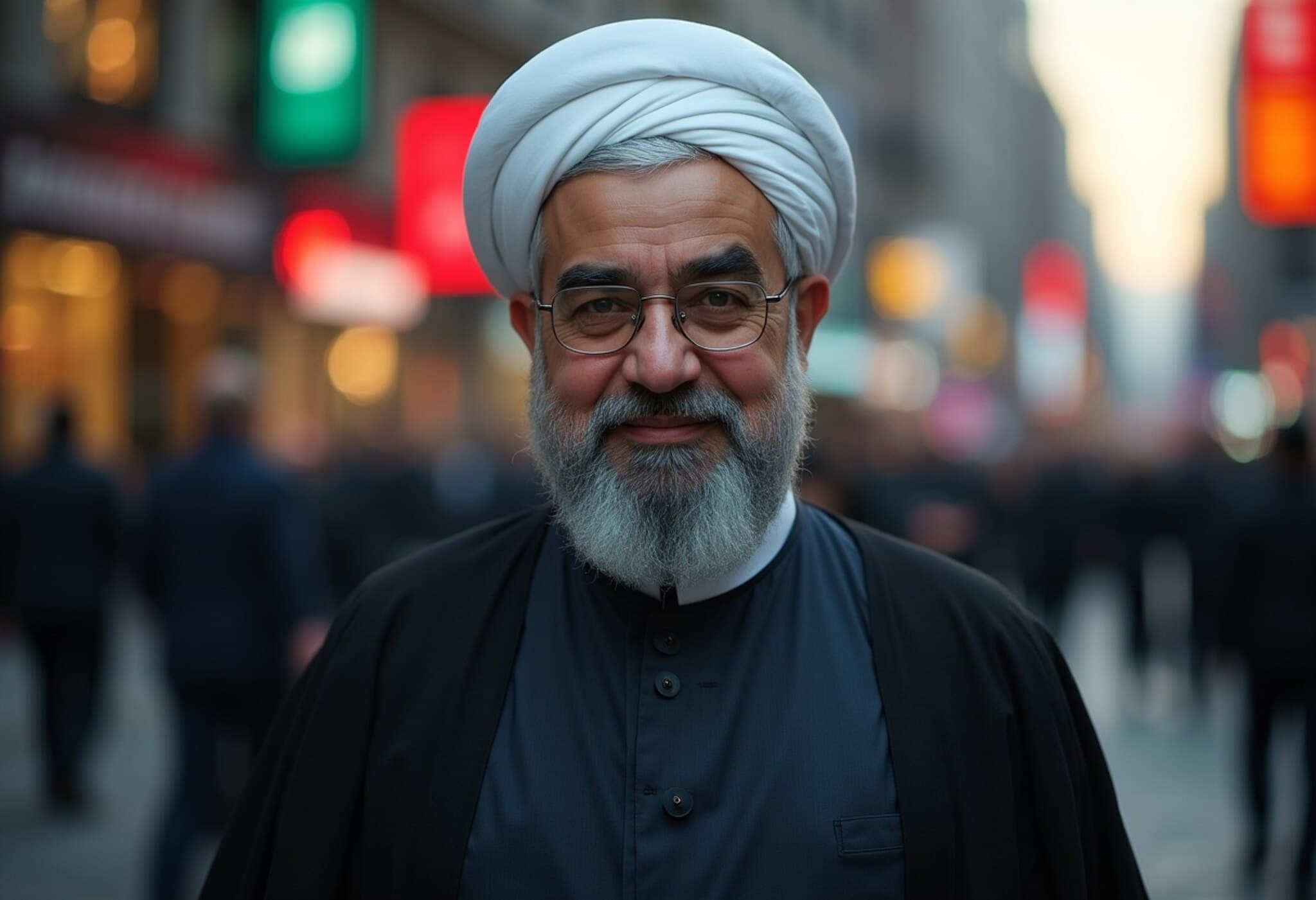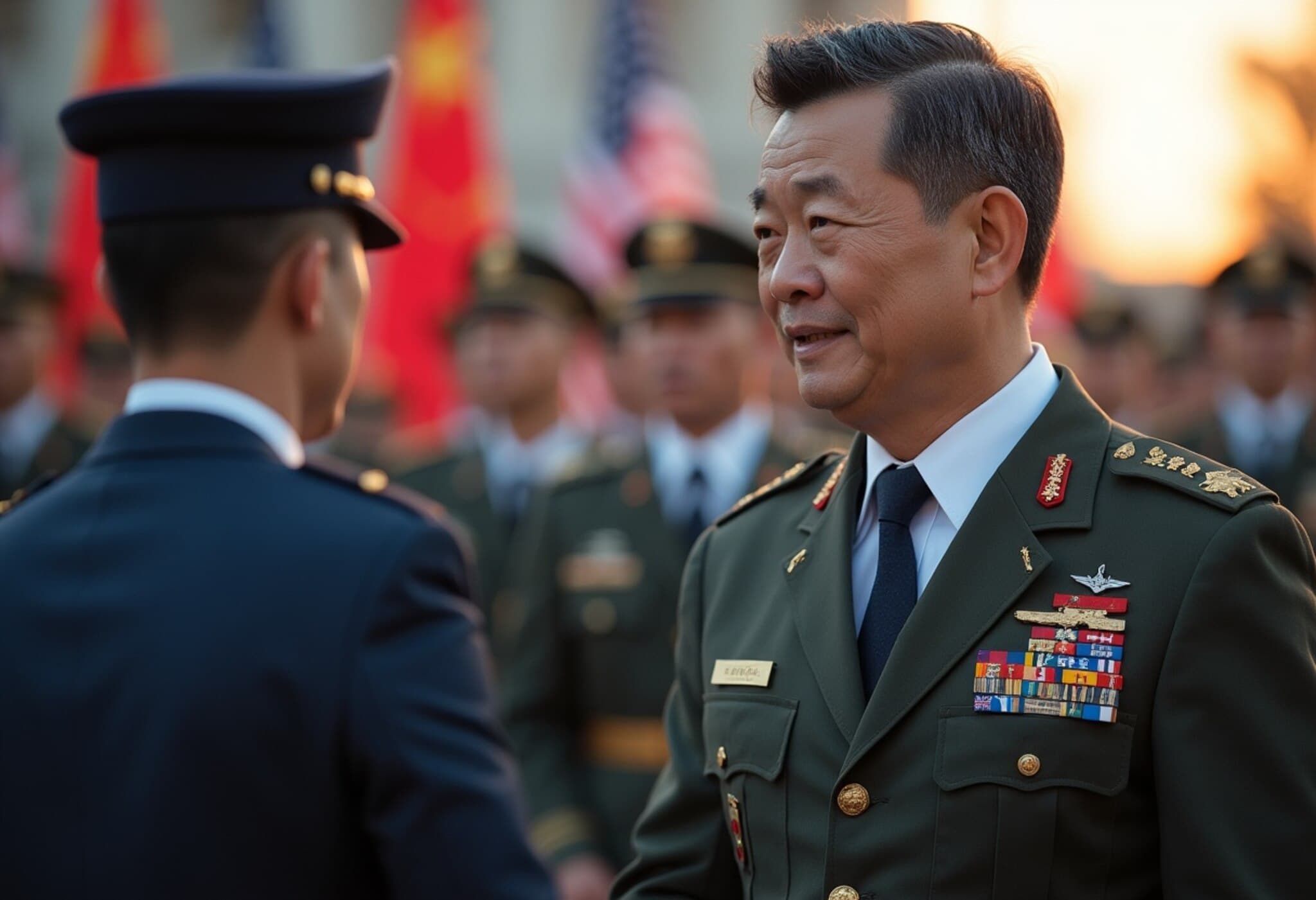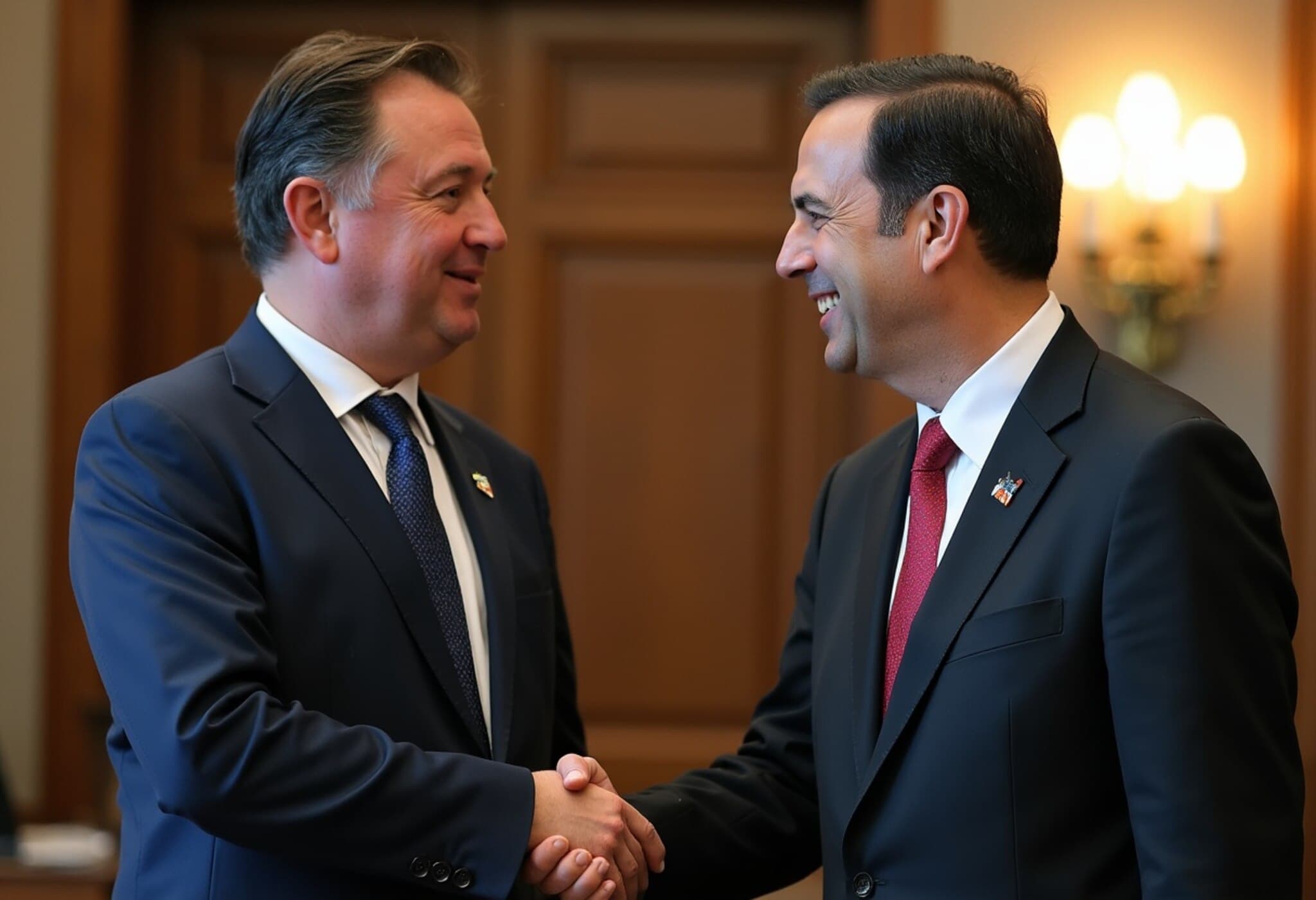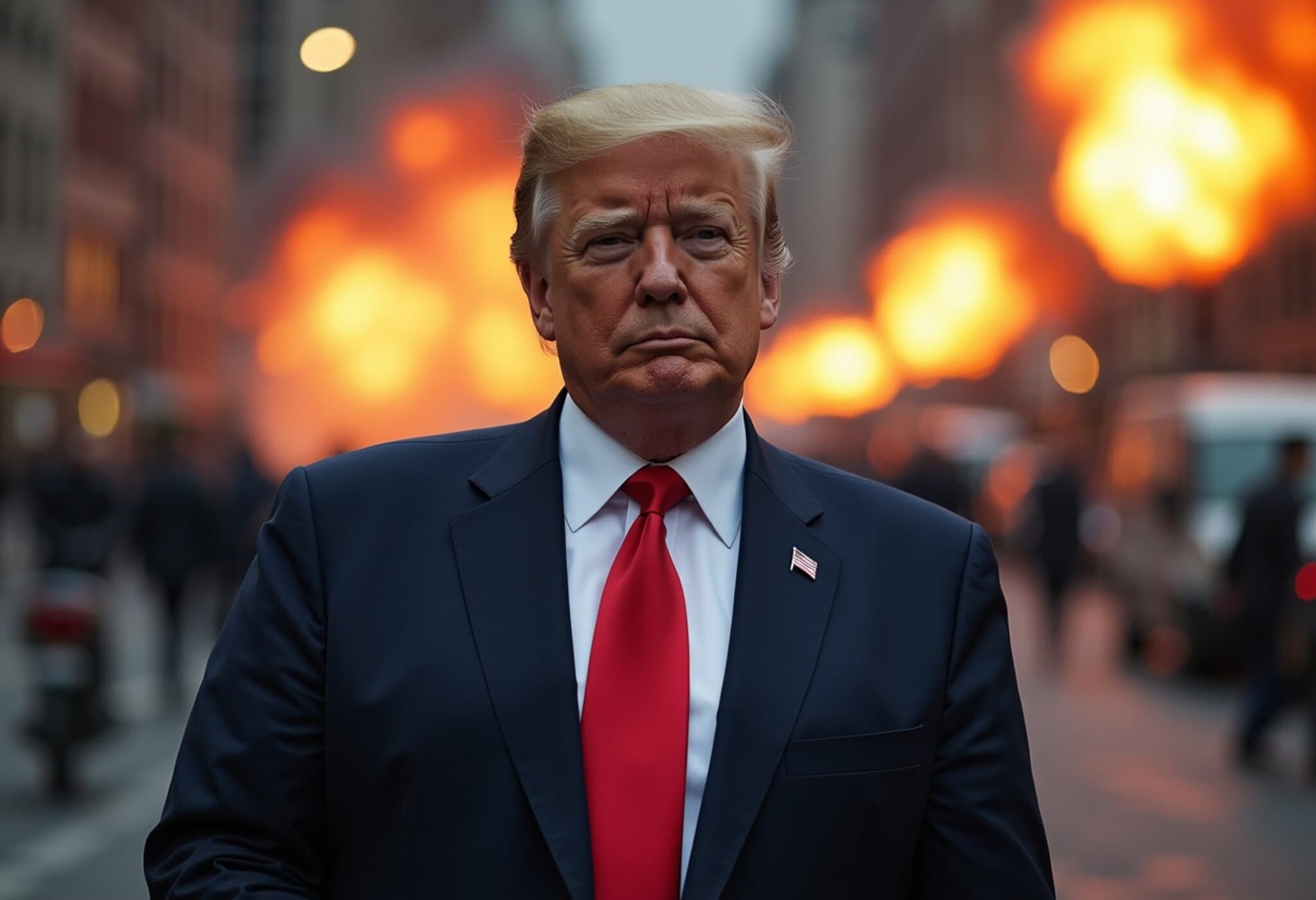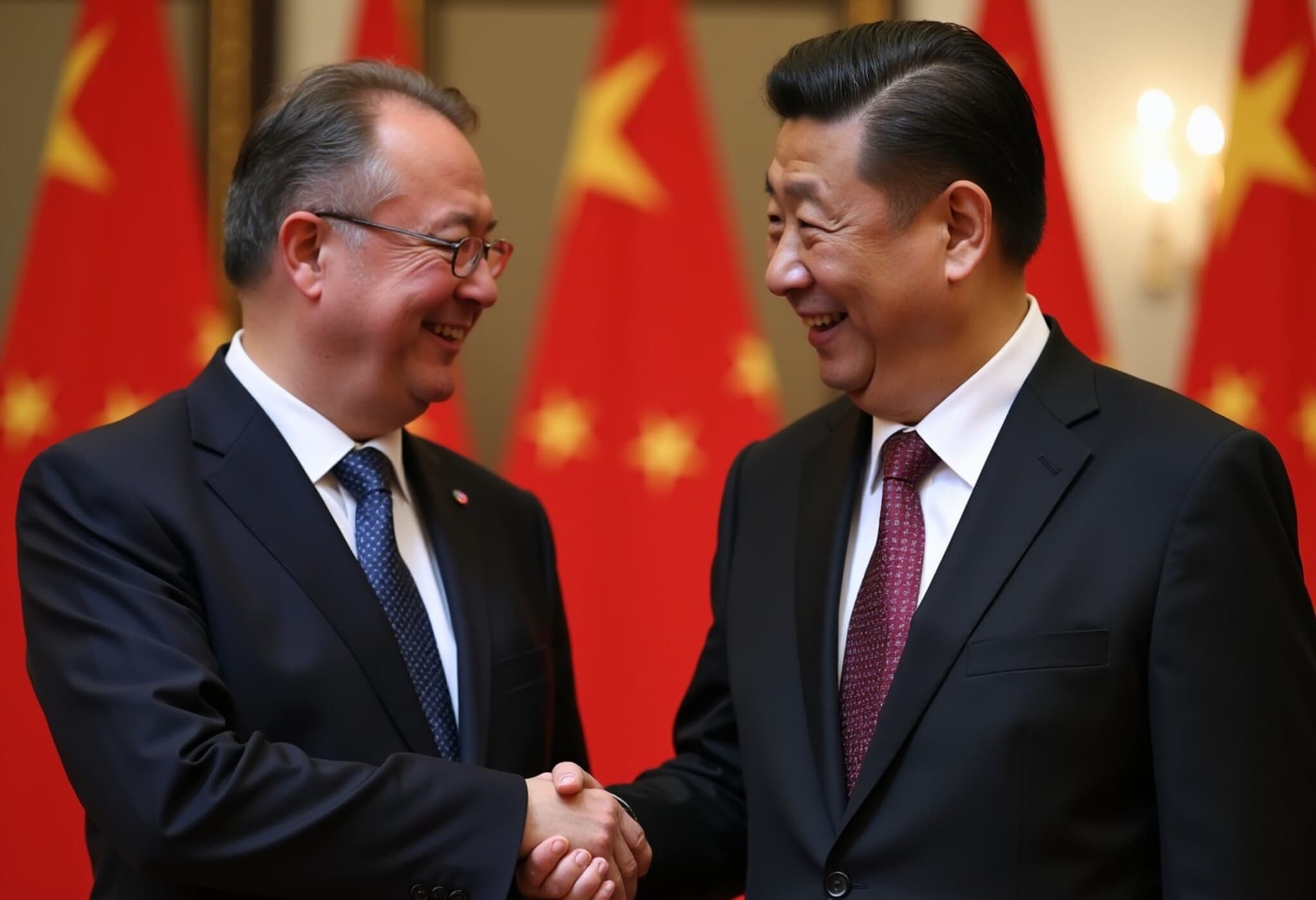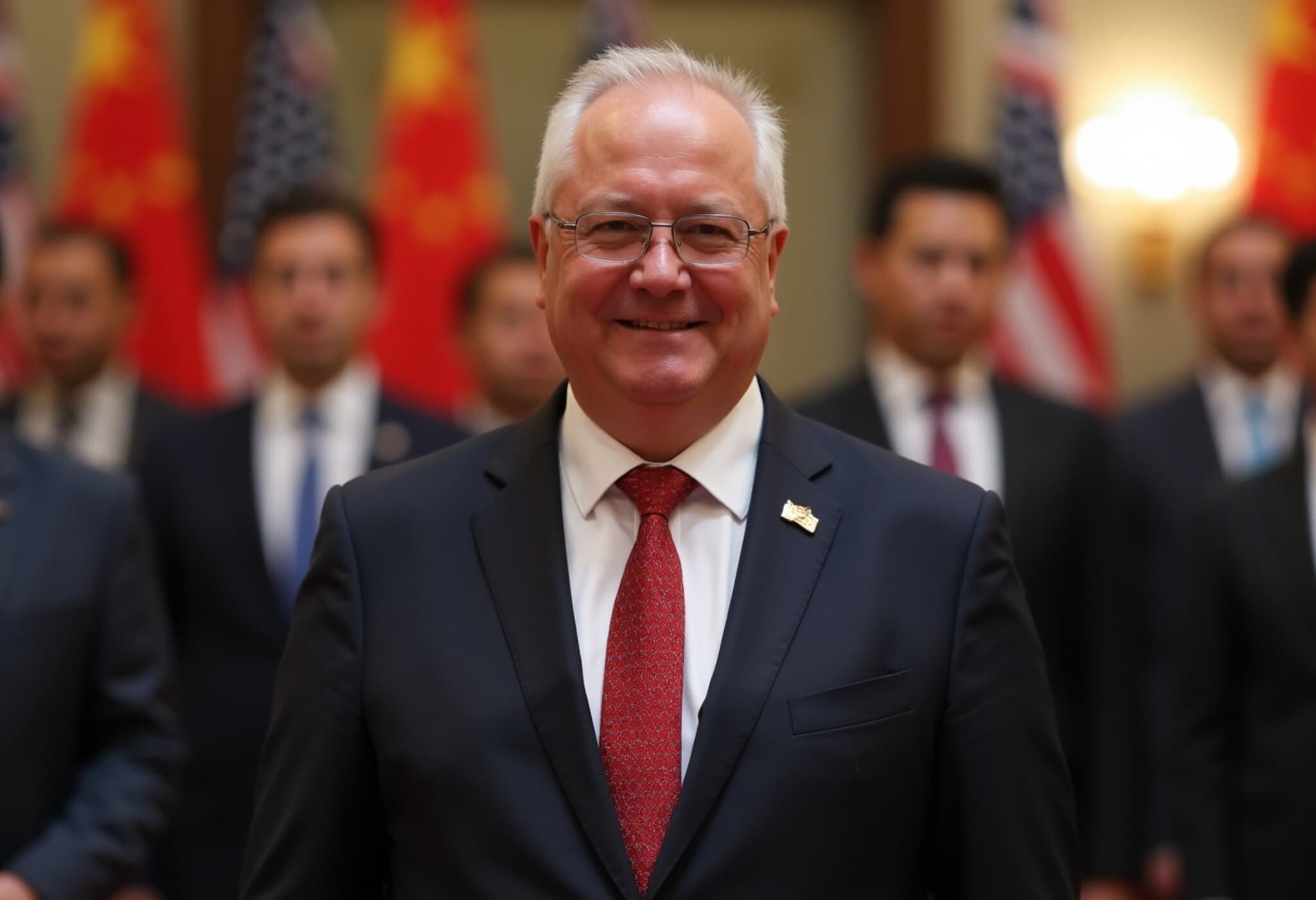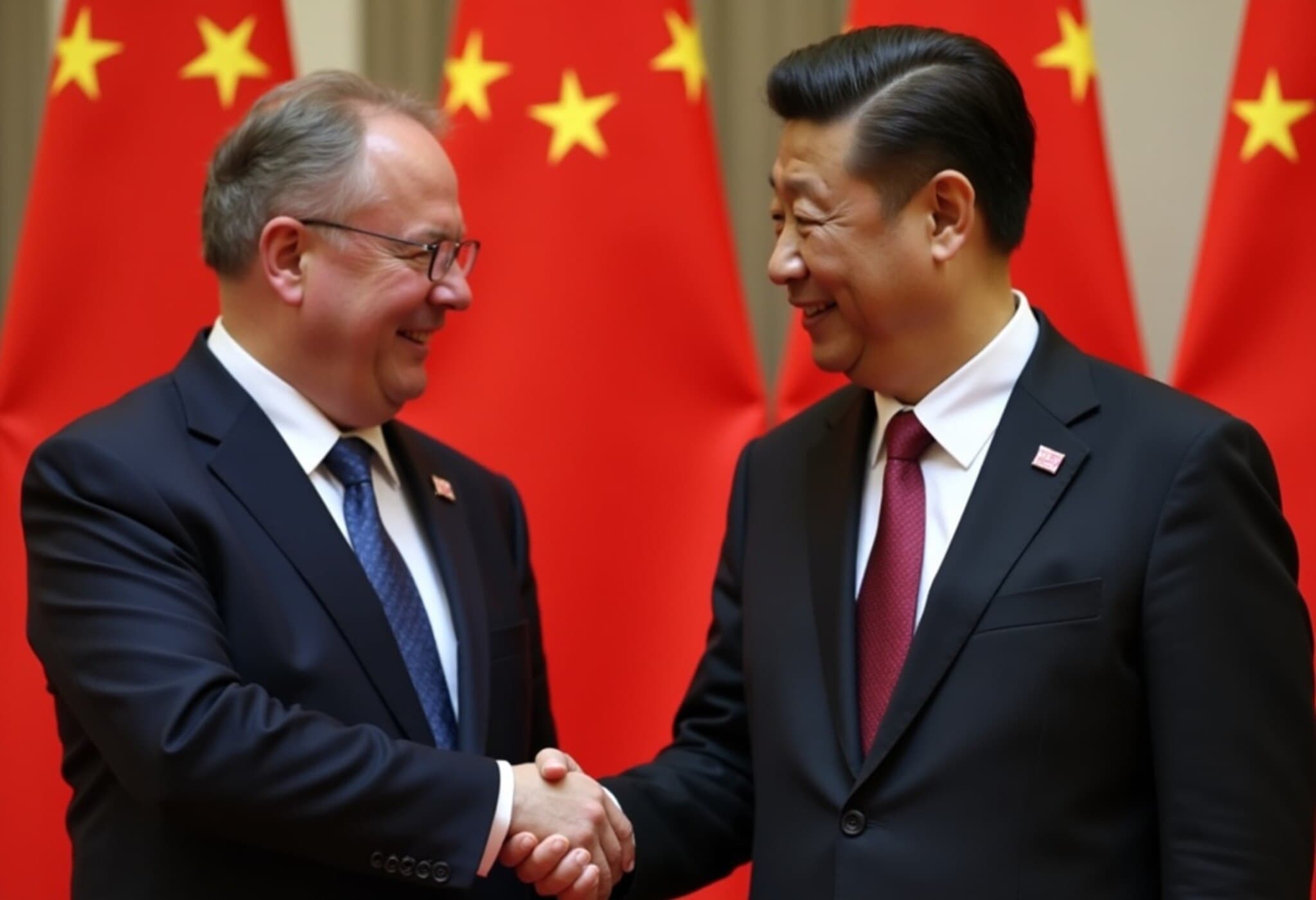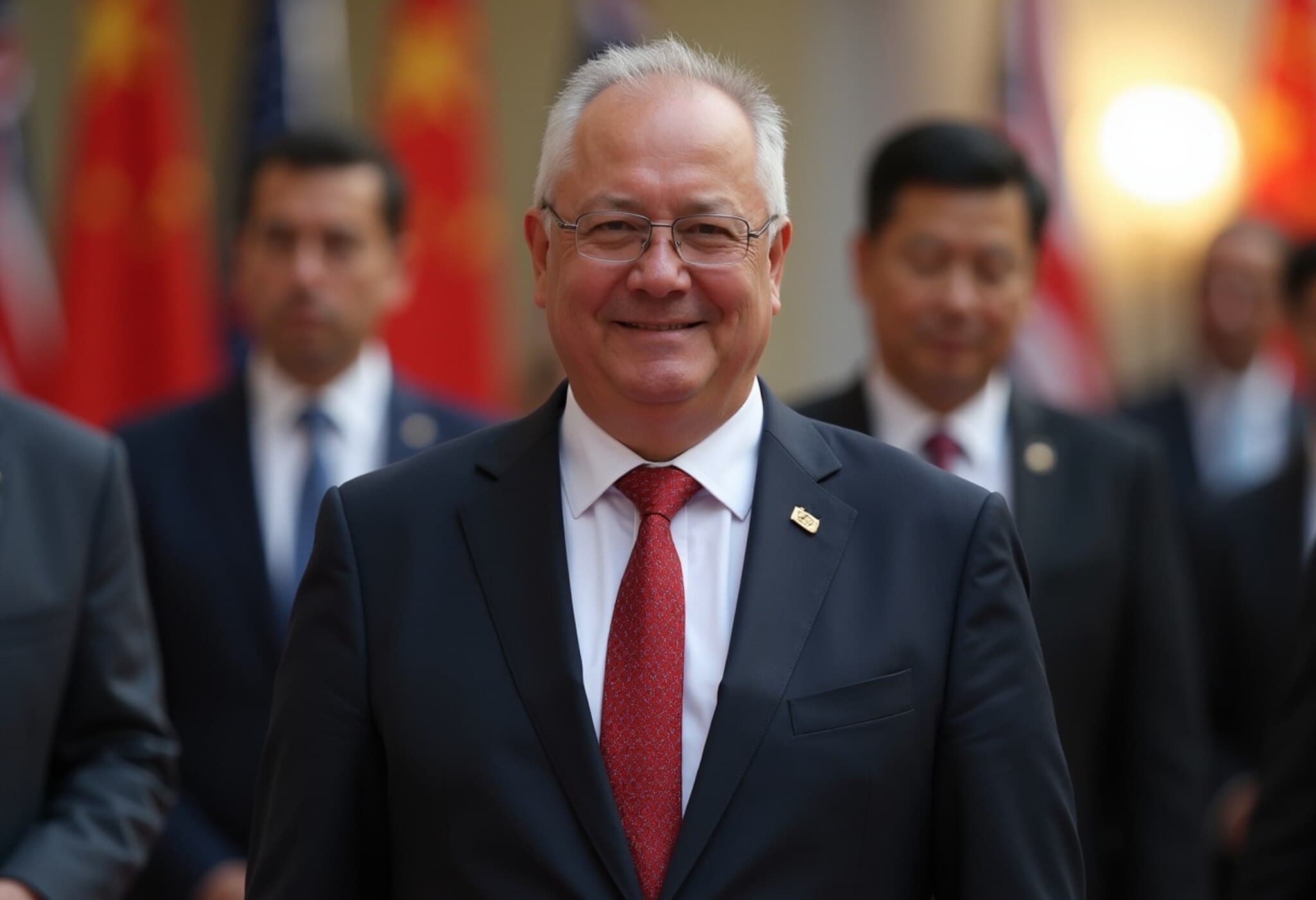Australia Prepares for Chinese Surveillance During Major US Military Exercises
In a candid warning that reflects escalating geopolitical strains in the Pacific, Australia’s government has publicly acknowledged that China is expected to monitor the joint military drills it is conducting alongside the United States and other allied nations. This disclosure comes amid a sensitive backdrop of diplomatic engagement, with Australian Prime Minister Anthony Albanese currently on a six-day visit to China aimed at strengthening recently mended trade relations.
The Scope of the Military Exercises and Chinese Observations
The annual Talisman Sabre exercise, launching from July 13 across Australia and Papua New Guinea, will mobilize over 30,000 personnel from 19 countries. These large-scale maneuvers not only enhance collective defense capabilities but also send strategic signals across the Indo-Pacific region.
Pat Conroy, Australia's Minister for the Defence Industry and Pacific Island Affairs, highlighted that China’s military has observed these exercises since 2017. "It would be very unusual if they didn’t do that this time," he commented during an interview with ABC.
The minister detailed that China likely seeks to collect intelligence on operational procedures, electronic warfare tactics, and communication systems, emphasizing that Australia will monitor and adapt to any such intelligence-gathering activities to “manage that leakage.”
Regional Security Concerns: China’s Expanding Influence in the South Pacific
The South Pacific has emerged as a critical theater for influence, with China’s growing footprint unsettling allied nations. Conroy reaffirmed longstanding Australian concerns that Beijing is aggressively pursuing a foothold in the region – specifically, the establishment of a military presence.
"We are seeing, in my portfolio in the Pacific, China seeking to secure a military base in the region," Conroy stated, reinforcing previous warnings. Australia is actively working to maintain its role as the primary security partner for Pacific island nations to prevent any single power from dominating the area.
One flashpoint is the 2022 secretive security pact between China and the Solomon Islands. Though the details remain undisclosed, Washington and Canberra suspect the agreement could pave the way for a permanent Chinese base, raising alarms for regional balance and freedom of navigation.
China’s Response and the Broader Pacific Diplomacy
China has consistently dismissed military base accusations as a “false narrative” crafted by parties with “ulterior motives.” Instead, Beijing underscores its contributions to Pacific island nations through large-scale infrastructure projects, including sports stadiums, presidential palaces, hospitals, and roads.
This investment strategy has yielded diplomatic dividends, with nations like Kiribati, Solomon Islands, and Nauru shifting recognition from Taiwan to China in recent years—a move that underlines the intense diplomatic competition in the region.
Expert Insight: What This Means for US-Australia-China Relations
From an analyst’s perspective, Australia’s upfront acknowledgment of Chinese intelligence activities during joint exercises signals heightened transparency and an attempt to manage the narrative amid complex ties. While military drills remain routine, their geopolitical symbolism has intensified, reflecting deepening US-China strategic rivalry with Australia caught in the middle.
Moreover, the Pacific islands have become an arena where soft power, infrastructure diplomacy, and strategic security intertwine. Australia’s push to be the “security partner of choice” highlights the ongoing contest for influence that could shape the future geopolitical architecture of this vital region.
Questions also linger about how Australia balances growing economic engagement with China alongside security concerns. Prime Minister Albanese's current visit may be a delicate diplomatic dance — trying to nurture trade and investment ties without compromising national security interests.
Looking Ahead: The Balance of Power in the Pacific
- Intelligence Vigilance: Australia’s enhanced monitoring during exercises underscores the evolving nature of modern warfare and intelligence in a technologically sophisticated era.
- Regional Stability: The possibility of a Chinese military base represents a strategic pivot with long-term implications for Australia and US-Pacific security frameworks.
- Diplomatic Nuance: Balancing trade with China while safeguarding Pacific alliances requires nuanced, resilient policymaking.
Editor’s Note
As geopolitical tensions simmer in the South Pacific, Australia finds itself navigating a complex web of diplomacy, defense preparedness, and regional leadership. The blunt admission that China will likely spy on joint military drills speaks to a new realism about the challenges Australia faces amid intensifying great-power competition. It also raises compelling questions: How can Australia protect its security interests while maintaining constructive relations with China? What strategies can Pacific island nations employ to preserve their sovereignty amid external pressures? These dynamics continue to unfold, demanding vigilant attention from policymakers, analysts, and the global community alike.


